Thematic Panel Discussions
4 Thematic Panel Discussions running in parallel
During these sessions 3-4 organisations present a project on a similar topic related to the conference theme during a moderated panel discussion. Delegates are invited to ask questions at the end of the session.
Thematic Panel Discussions: 28 JUNE 10:00-11:15
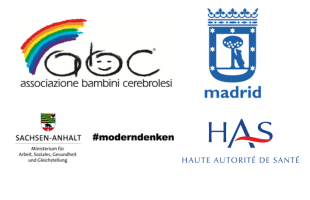
Persons with disabilities have the right to live independently and choose where and with whom they want to live. Supporting independent living and inclusion in the community for people with disabilities is one of the key pillars of the EU Strategy for the Rights of Persons with Disabilities 2021-2030 and a cornerstone of the development of community-based care in line with the United Nations Convention on the Rights of People with Disabilities (UN CRPD). Social services across Europe are developing initiatives to ensure independent living for all people with disabilities.
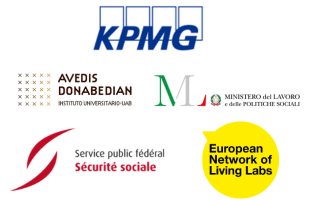
Innovation and co-creation can be transformative for the social and labour inclusion of people. Bringing together international experts from public administrations, research institutes, universities, and the private sector, this session will analyse how collaboration between them supported by the use of technology can generate tangible value for vulnerable populations like the unemployed or the elderly. Participants will examine success stories, challenges, and strategies to shape a more inclusive and accessible digital future for all citizens.
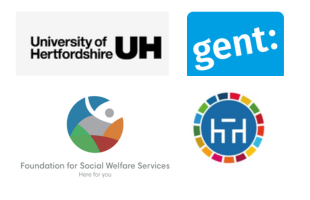
Digital inclusion ensures that individuals and communities, especially those traditionally underserved, have equal opportunities to participate in initiatives powered by technology. Within this context, coproduction emphasises the collaboration of public authorities with service providers companies, research institutes, and the community for instance, in the development of digital solutions.
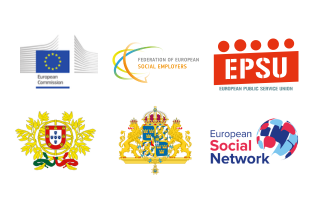
This session will focus on co-creation of effective policy responses to address the multi-faceted challenges faced by the long-term care workforce.
The European Care Strategy calls on Member States to improve working conditions and attract more people – in particular men – to the care sector. Some of the proposals suggested include collective bargaining and social dialogue, ensuring the highest standards of occupational health and safety, designing continuous education and training for care workers, tackling gender stereotypes, andratifying and implement international conventions on domestic workers.
INTERACTIVE SESSION A: 26 JUNE 14:15-15:15

This project addresses the fragmented delivery of support to families and children facing complex challenges, including obstacles in accessing appropriate help, lack of coordination amongst providers, and an inability to address diverse needs. In response, the One Family One Plan partnership in Greater Antwerp seeks to enhance regional cooperation across sectors to ensure timely, continuous, and effective care for families with children and young individuals aged 0 to 25.

Youth Advocate Programs, Inc. (YAP) is dedicated to combatting violence in communities, particularly in high-risk areas. YAP’s holistic approach targets root causes like social and economic inequality. The organisation collaborates with the entire community, including youth, families, business and civic leaders, and law enforcement, to create personalised responses to improve individual and community wellbeing.
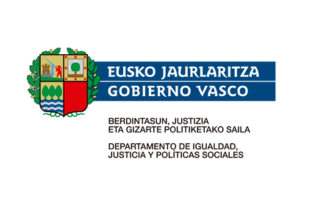
The TRAPEZISTAK Programme addresses the vulnerability and risk of social exclusion faced by migrant young people without a family network. It implements a personalised support model through social accompaniment and intersectoral cooperation, serving as a ‘one-stop-shop’ to enhance the social inclusion and transition to adulthood of young migrants leaving alternative care in the Basque Country.
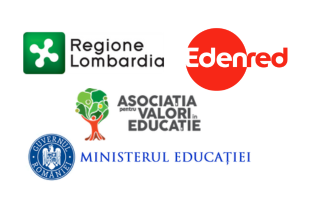
Education is a crucial element to build the future of our societies. Investments in this field are essential to allow all children to have access to decent and basic learning conditions. Creating a level-playing field for all pupils is needed to provide strong roots for better development of future generations.
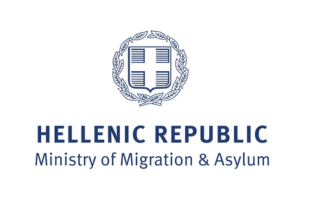
The National Emergency Support Mechanism (NERM), established in 2021 to address child protection and the conditions to receive unaccompanied children in Greece, developed an integrated action plan to identify, trace and provide care for unaccompanied children. They also improved coordination among child protection agencies in Greece through common protocols, procedures, and referral pathways to transform the way the needs of unaccompanied children are now addressed.
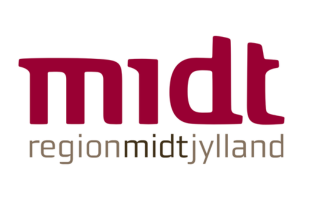
In order to alleviate high turnover and burnout among social services staff in demanding roles, especially in the context of escalating conflict, the Central Denmark Region has designed workshops to prioritise the staff’s mental and physical well-being. During this session, delegates will participate in training exercises to learn techniques, strategies, and practical skills they can use in conflict situations, whilst acknowledging the emotional demands of social services work.
